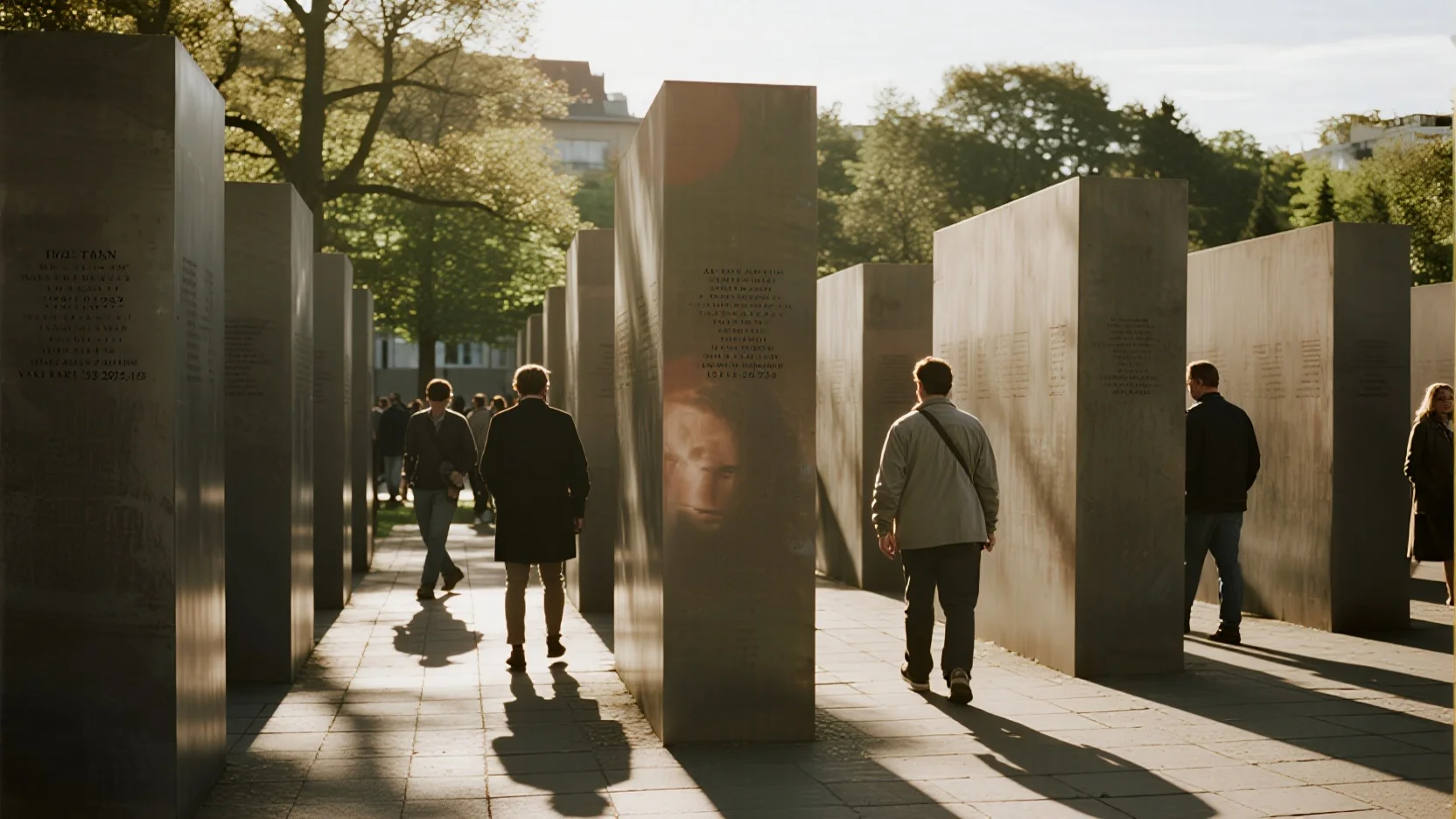Traveling the world often leads us to breathtaking landscapes, vibrant cultures, and historical landmarks that tell stories of resilience and triumph. However, some monuments stand out not just for their beauty or grandeur but for their profound connection to individuals and communities who have faced oppression and marginalization throughout history. These structures serve as poignant reminders of the voices once silenced, inviting travelers to reflect on the past while encouraging a broader understanding of social justice.
One such place is the National Memorial for Peace and Justice in Montgomery, Alabama. This haunting site commemorates the victims of lynching in America, fostering a space for reflection and reconciliation. The memorial features numerous steel monuments suspended from pillars, each representing a county where lynchings occurred. Visitors are confronted with names and dates, creating a powerful encounter with historical injustices. As travelers walk through the memorial, they are not only absorbing facts but also engaging with the emotional weight of the narratives surrounding racial violence. This immersive experience encourages discussions around civil rights and the ongoing fight against systemic racism, highlighting the importance of acknowledging the past.
Similarly, the Apartheid Museum in Johannesburg, South Africa, offers a compelling journey through history. Through a series of carefully curated exhibits, the museum delves into the harrowing realities of apartheid, showcasing the struggles of those who fought for freedom and equality. Each section of the museum invites visitors to witness the courage of activists like Nelson Mandela and countless others whose voices were suppressed. The museum’s design itself reflects the stark segregation of the era, allowing travelers to feel the oppressive atmosphere that characterized life under apartheid. By immersing themselves in this narrative, visitors gain a deeper appreciation for the sacrifices made for justice and human dignity.
In Europe, the Memorial to the Murdered Jews of Europe in Berlin stands as a somber yet thought-provoking tribute to the lives lost during the Holocaust. The field of grey concrete slabs serves to evoke feelings of confusion and disorientation, mirroring the experiences of those who suffered under the Nazi regime. Walking through the rows of varying heights, visitors are left alone with their thoughts, prompting personal reflections about loss, memory, and the repercussions of hatred. This monument reminds travelers of the importance of vigilance against intolerance, underscoring the need to listen to the voices that remain unheard in society today.
Travelers seeking a more global perspective may find inspiration in sites like the Tuol Sleng Genocide Museum in Phnom Penh, Cambodia. Once a school, the building transformed into a prison during the Khmer Rouge regime, where thousands met horrific fates. Today, it operates as a museum dedicated to educating visitors about the atrocities committed and honoring the victims. Understanding this dark chapter in Cambodian history becomes a transformative experience for travelers, urging them to recognize the resilience of the human spirit amidst unimaginable suffering.
Visiting these monuments transcends mere tourism; it becomes an act of remembrance and education. They challenge us to confront uncomfortable truths and inspire us to engage with the present. Every traveler holds the potential to be a storyteller, advocating for change and promoting awareness of social issues faced by marginalized communities. Thus, monuments that reflect the silenced voices of the past become integral to our journeys, reminding us that in remembering history, we can forge paths toward a more equitable future. Each trip taken to these significant sites not only enriches our understanding of the world but also calls us to honor the lives and legacies of those who came before us.
Where Monuments Reflect the People Once Silenced
